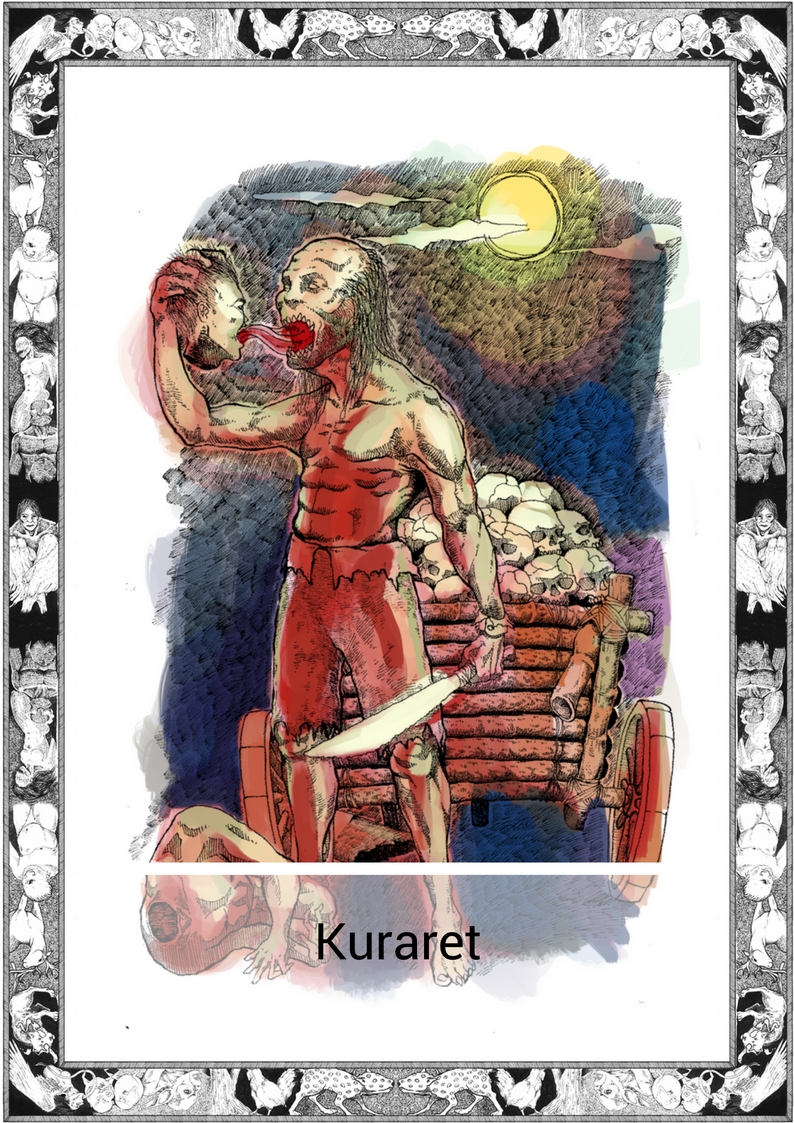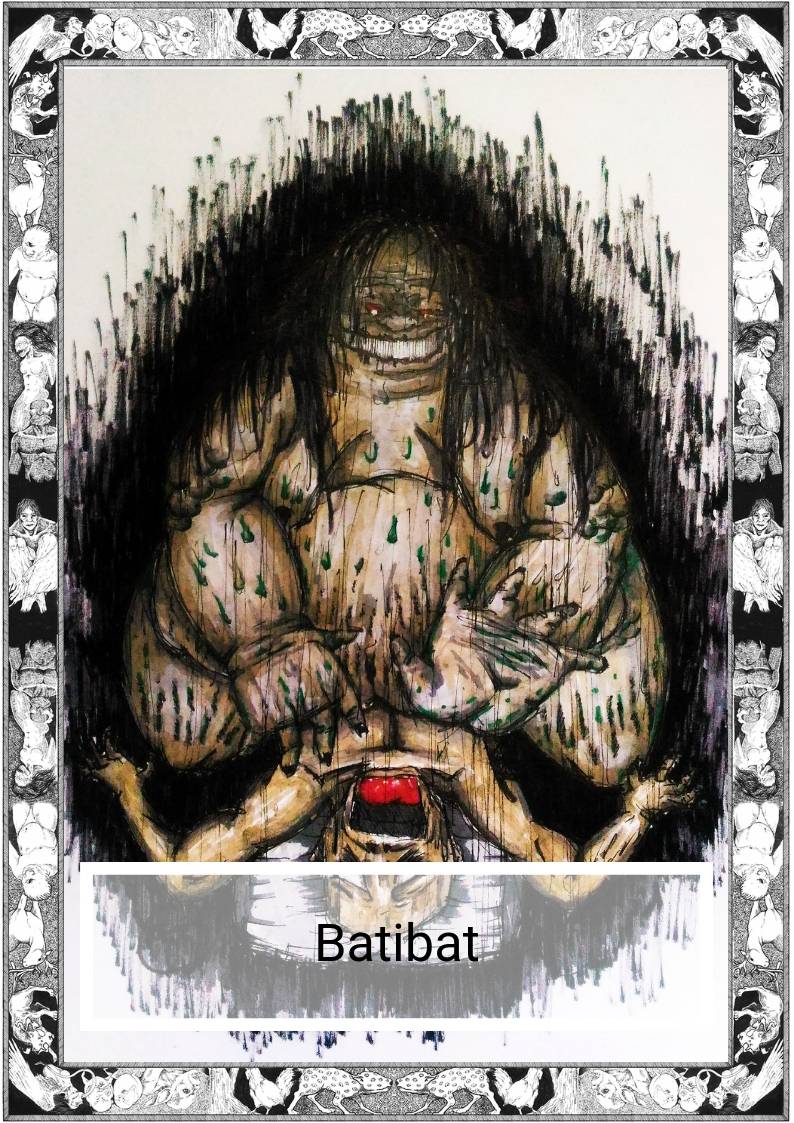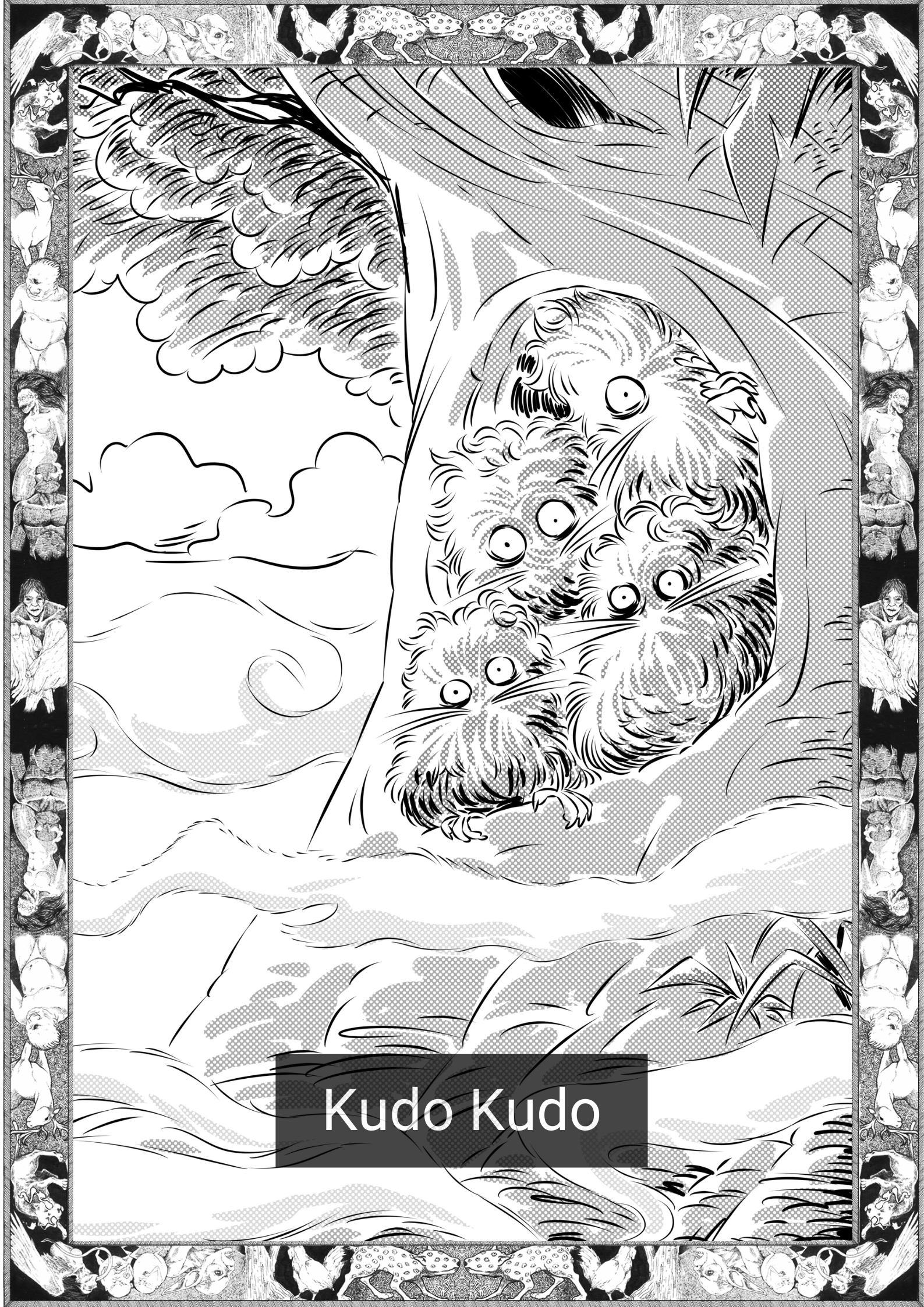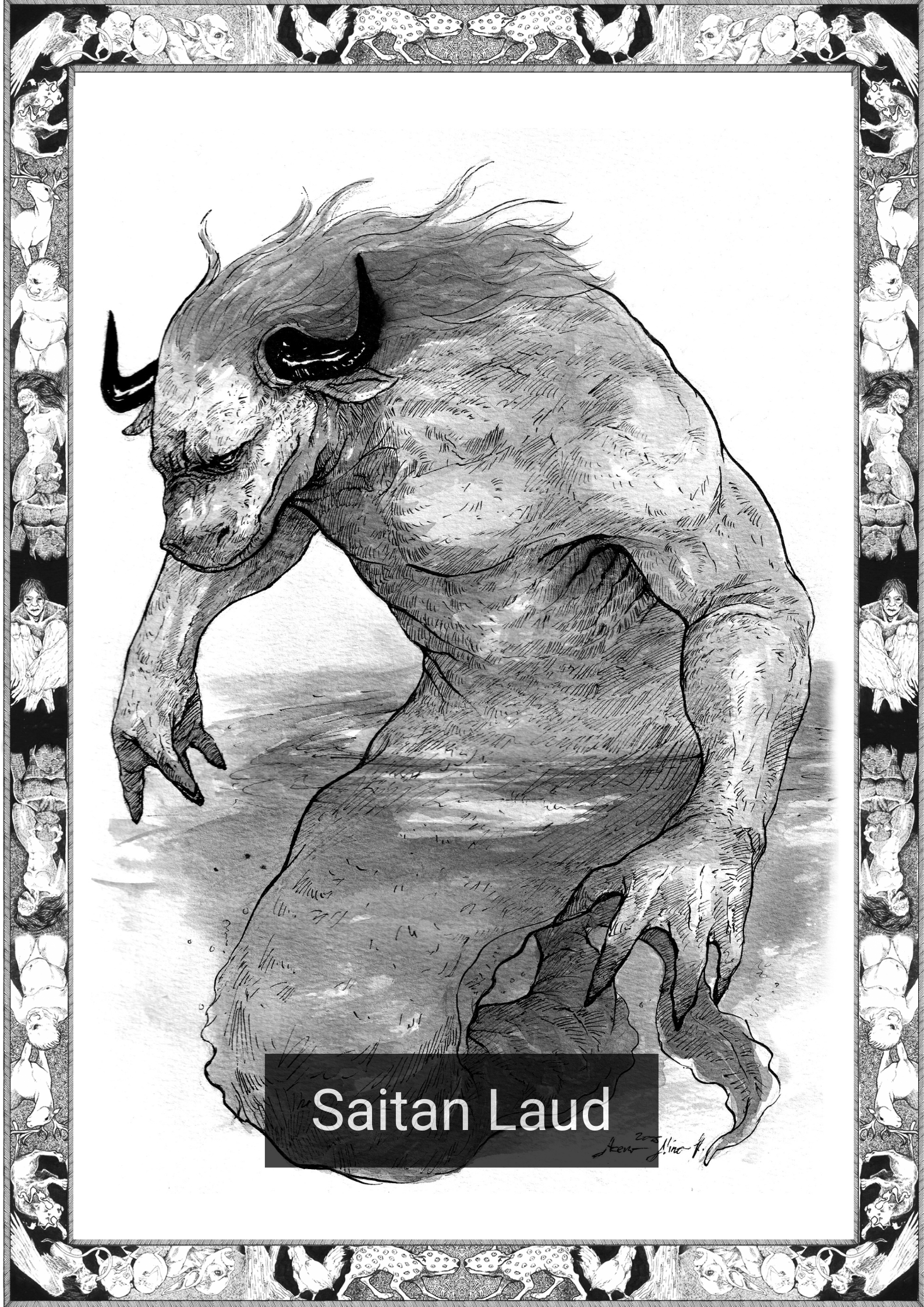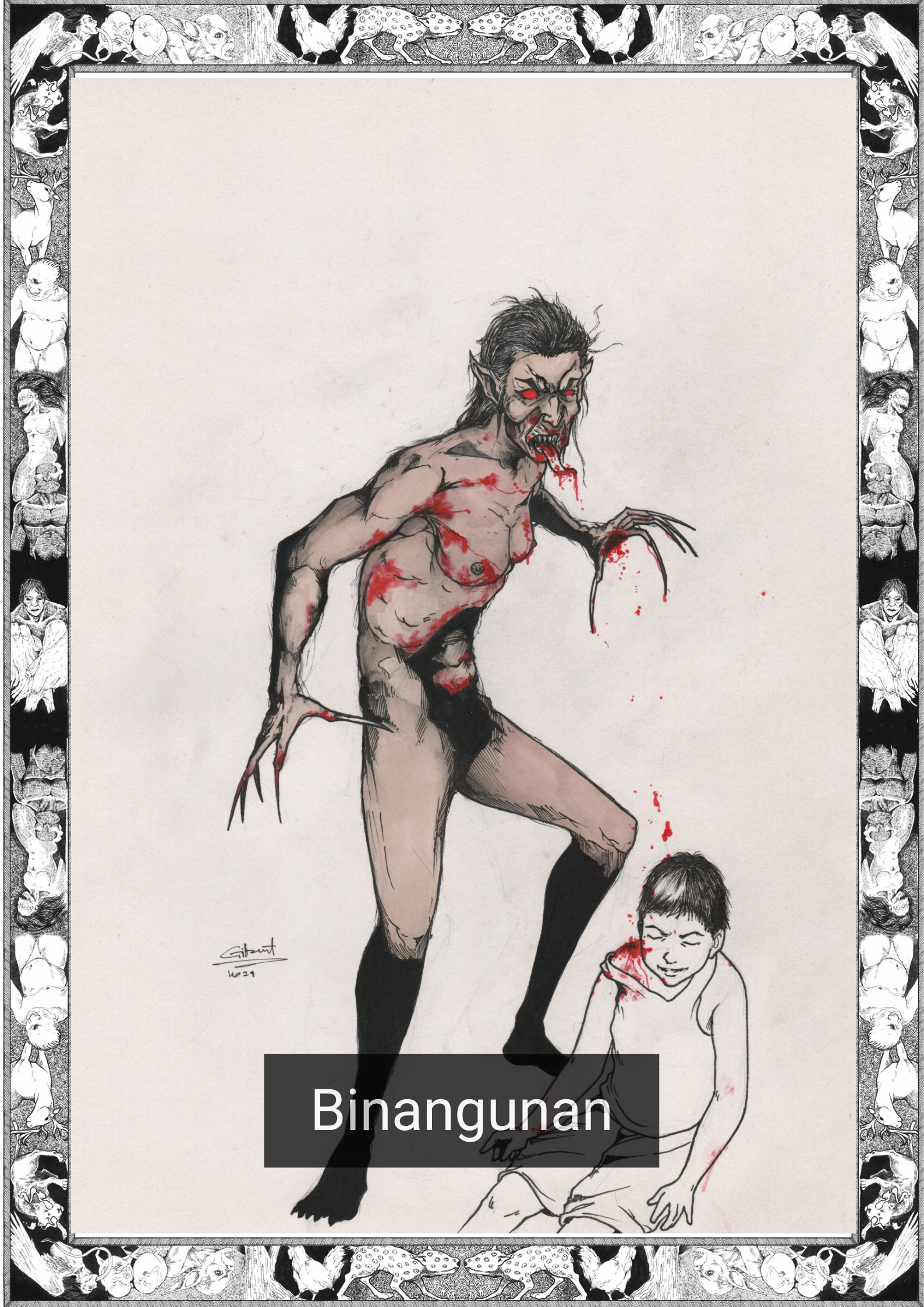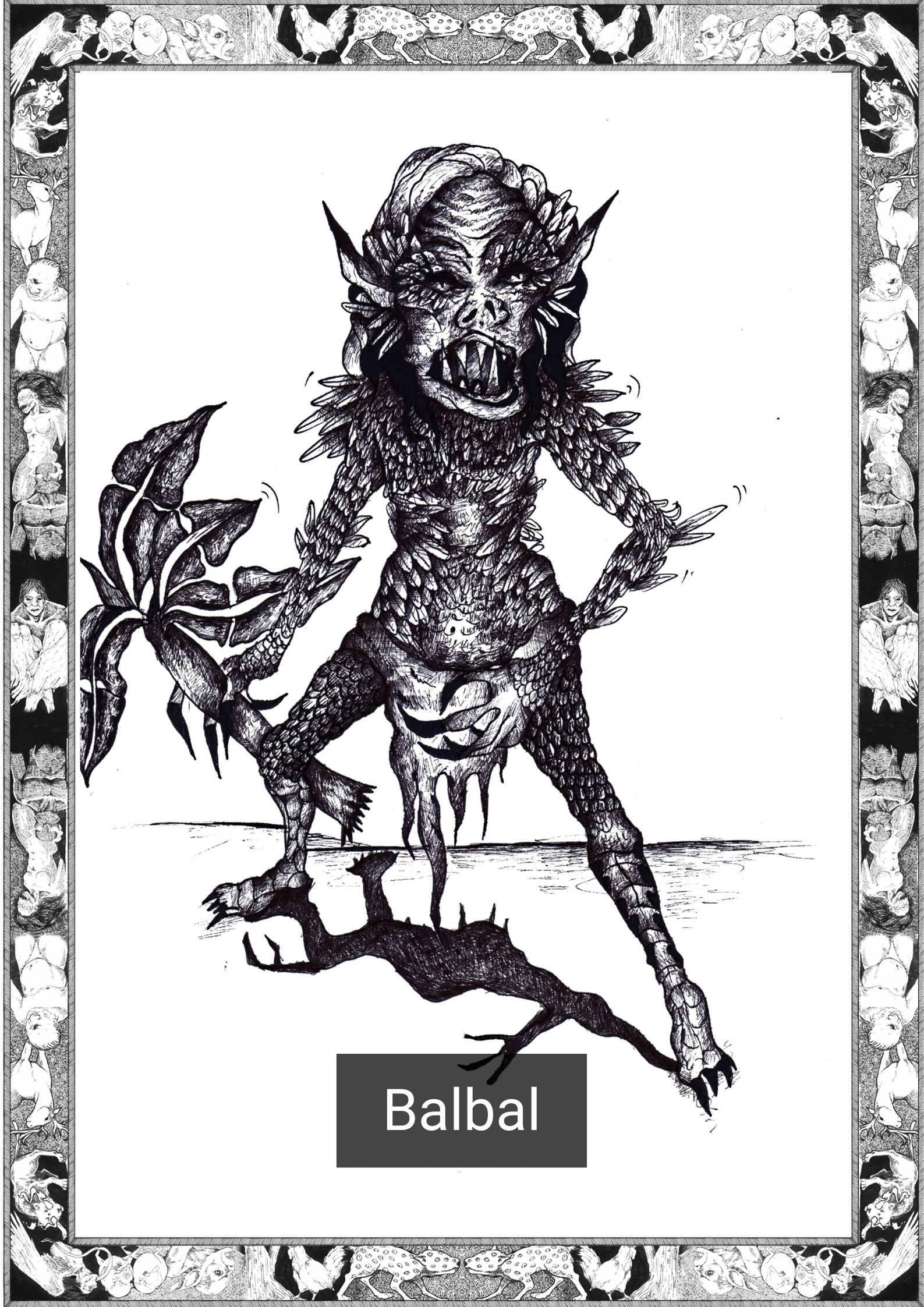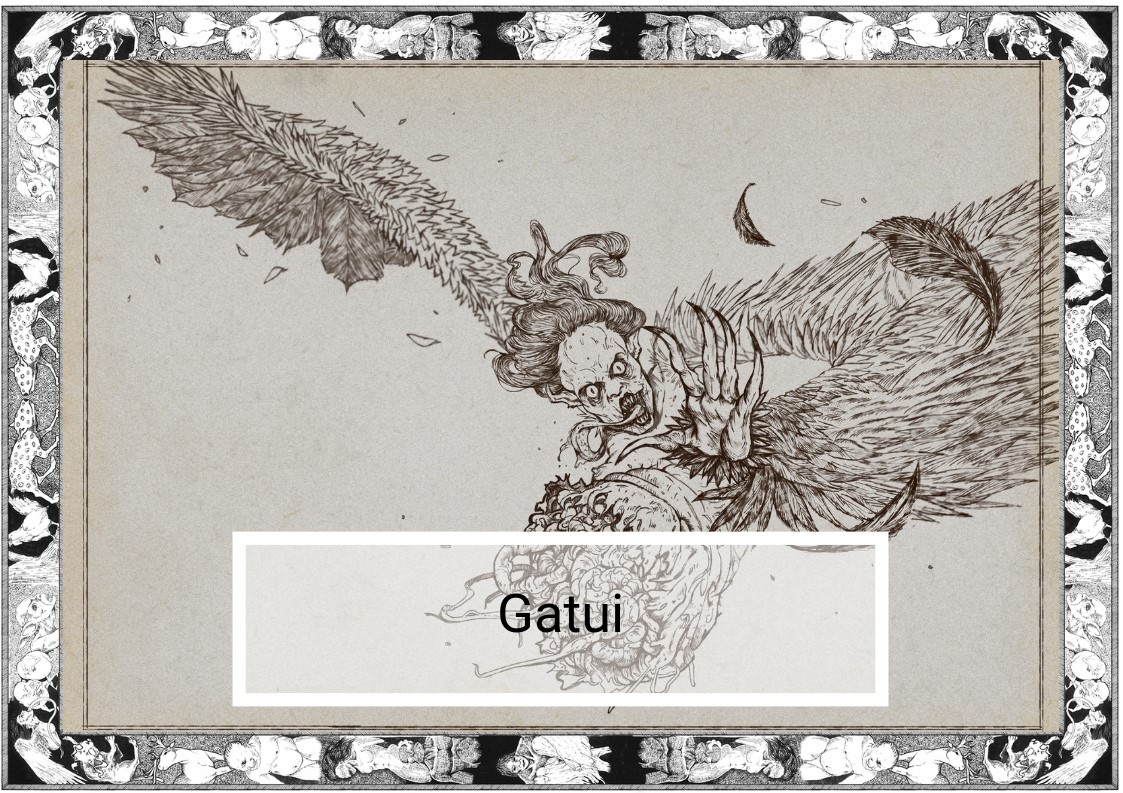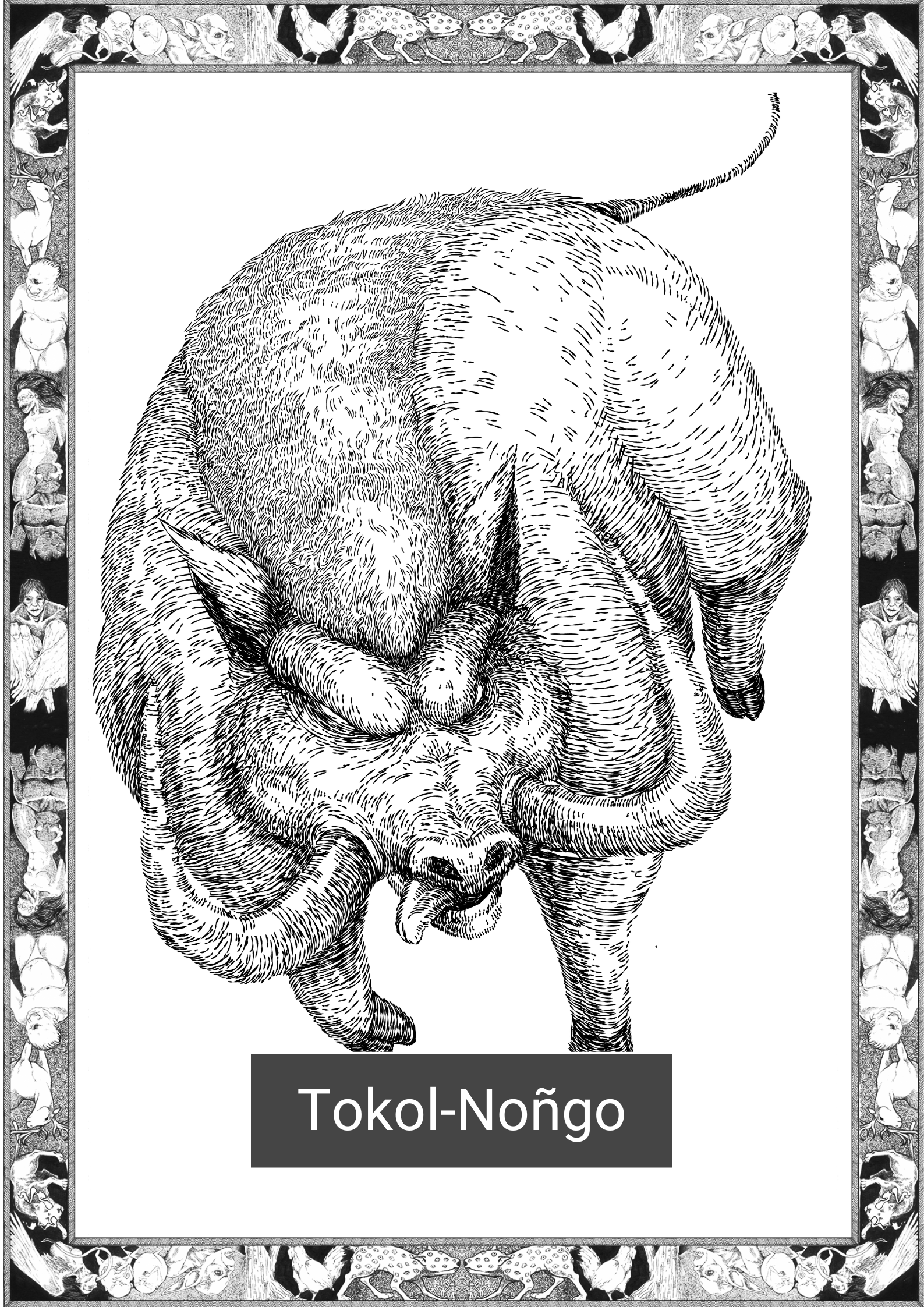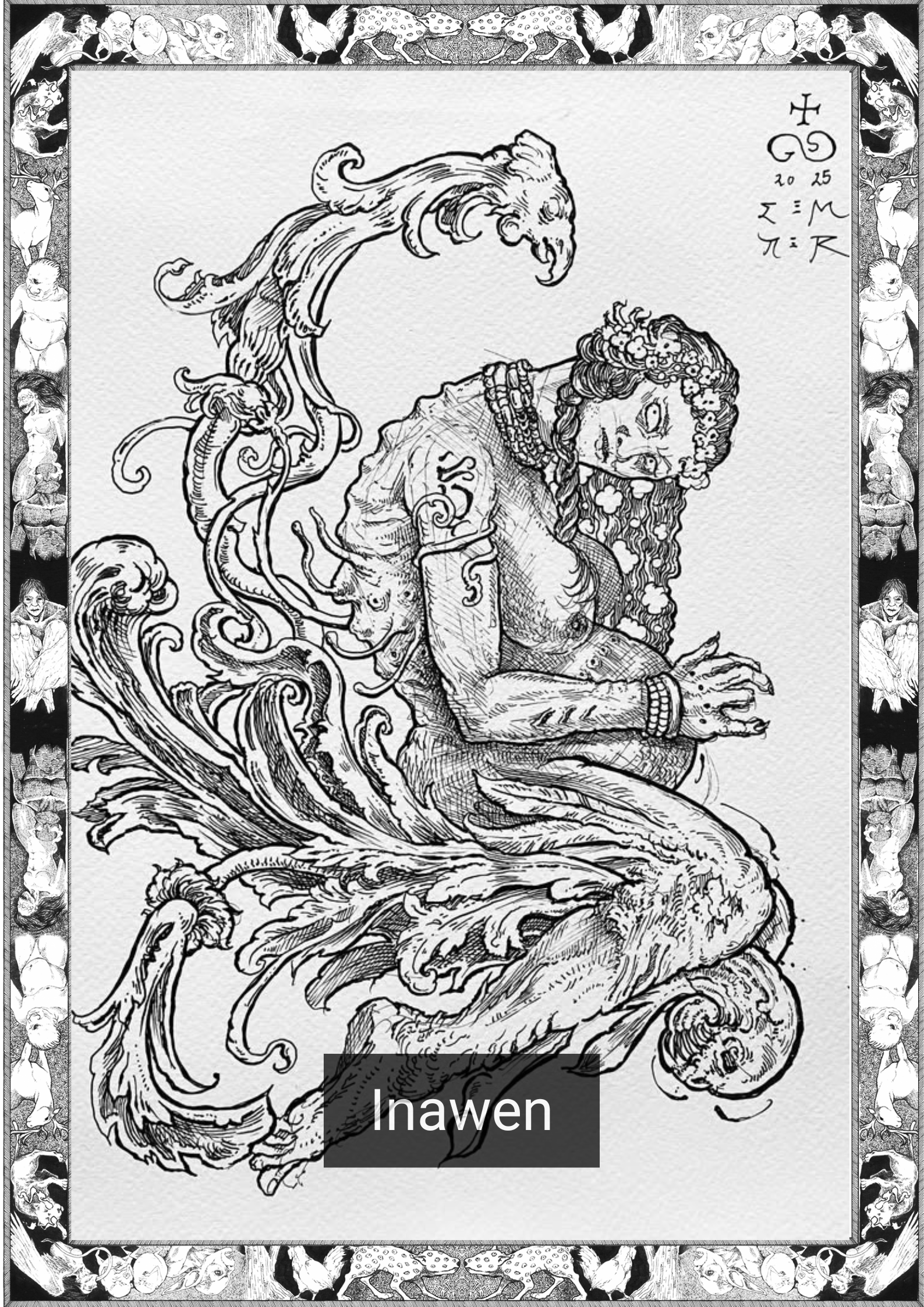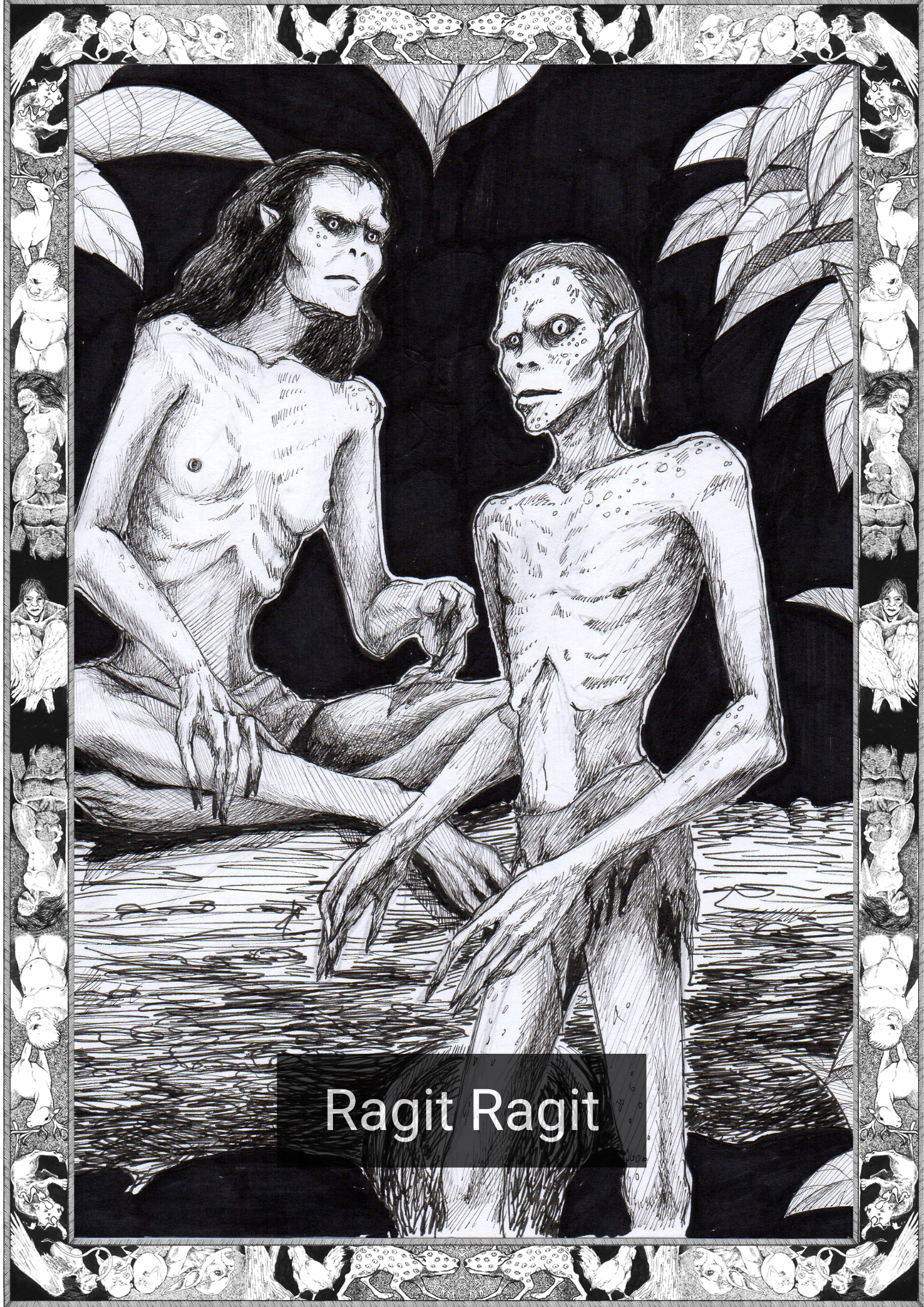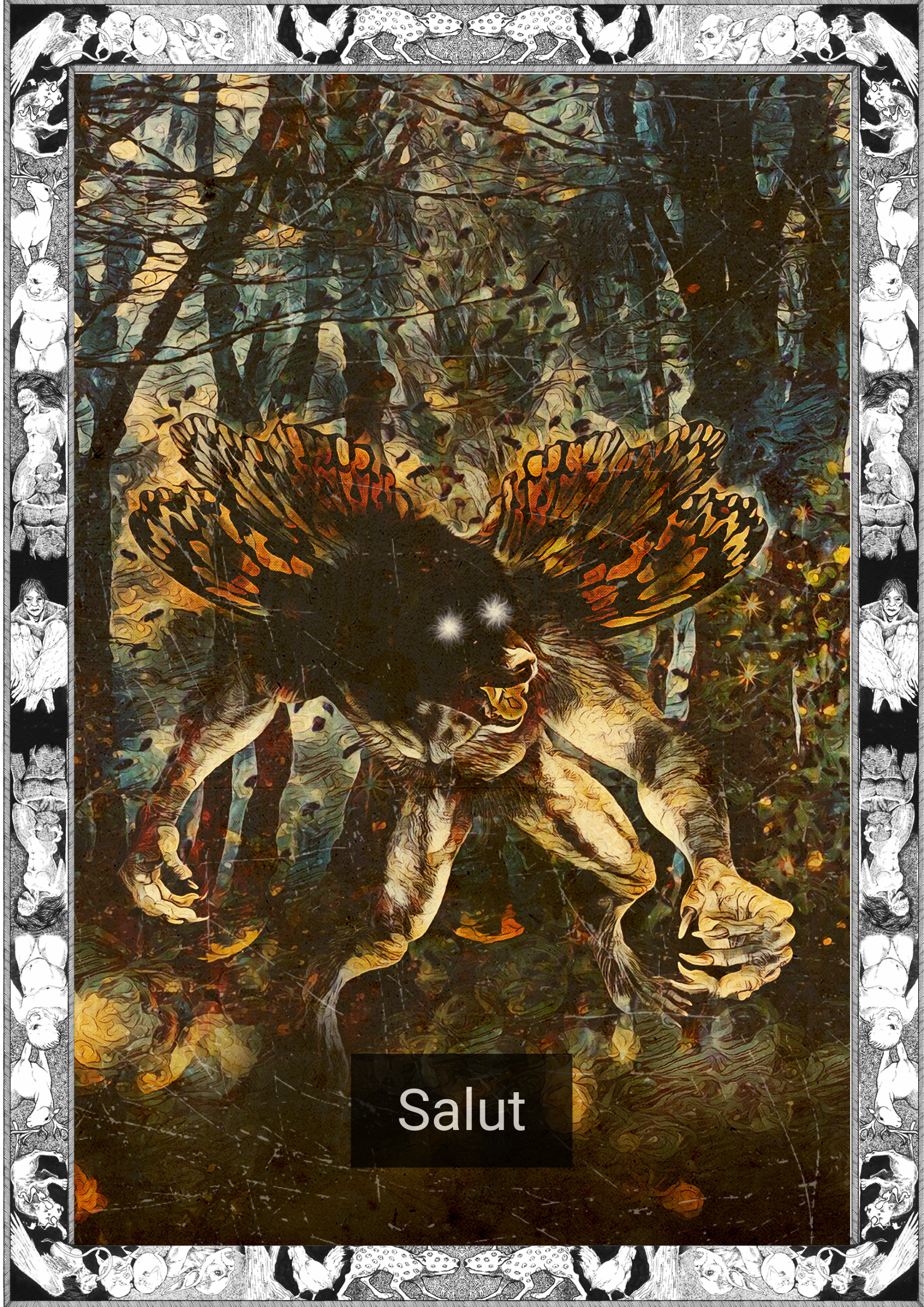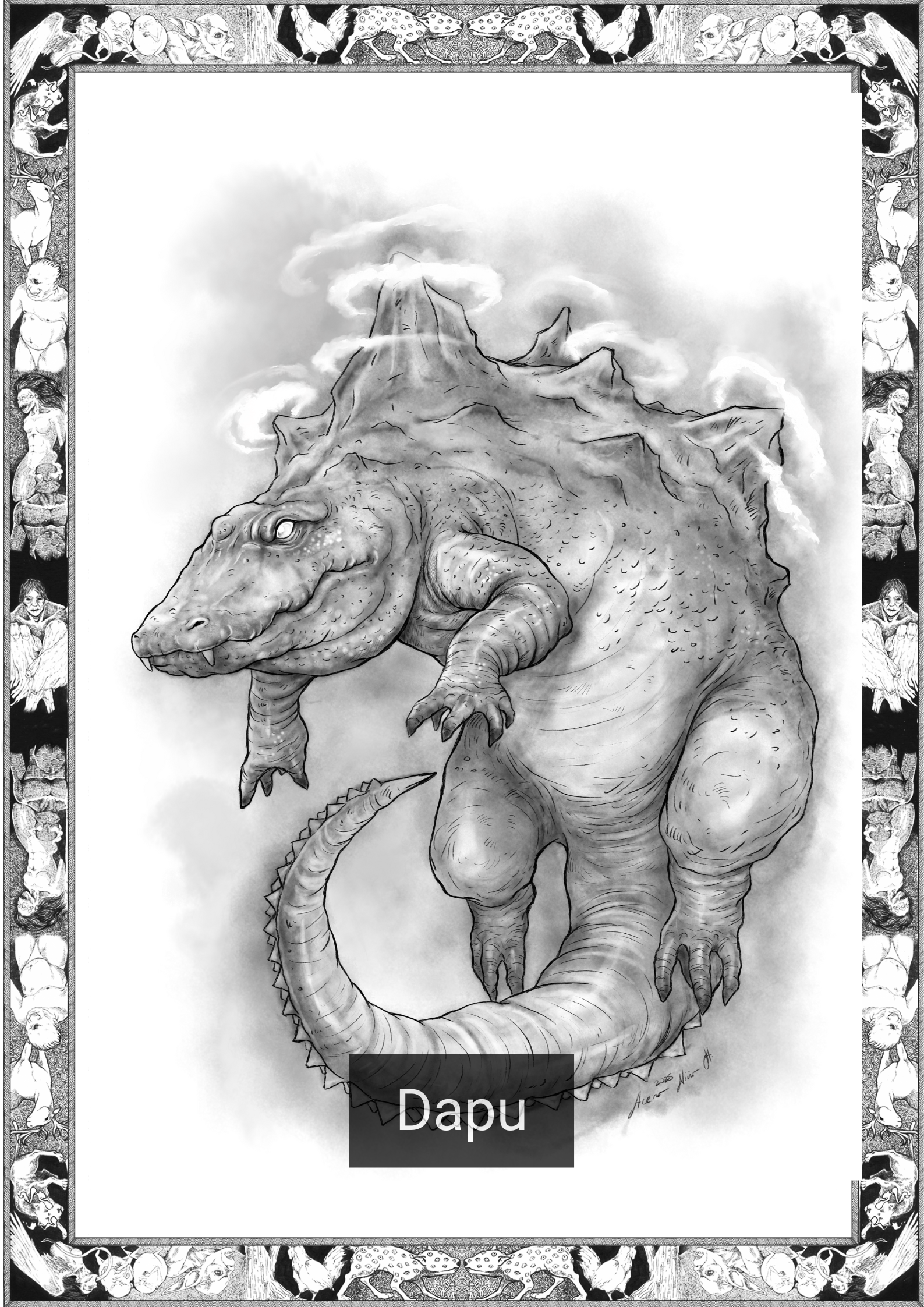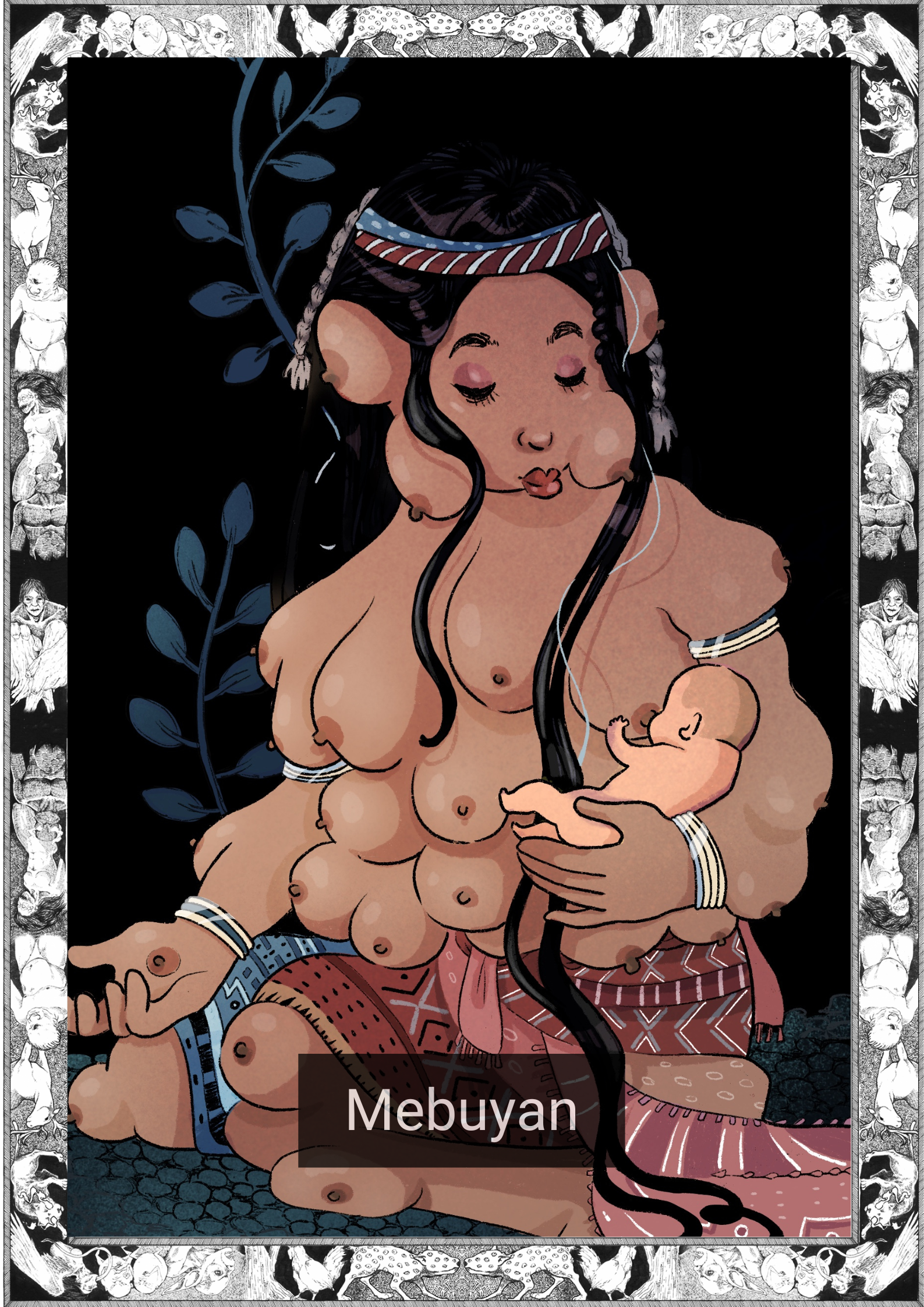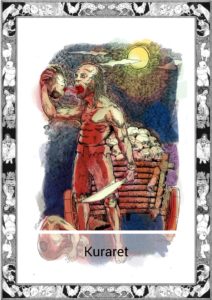
*Note this story is in Maguindanaon
Sa inia inged a migkasela su tua mama ku, sa apia entain na di kapakayan embitiala sa magabi.
“Kakineg ku pan su uni na guyudan a putaw nin,” pidtalu na tua mama ku.
Kapegkasela a kaped sekanin na bida. Kanu kutika a wata kami pan endu pegumbal kami sa uni sa magabi edtalaguy sekanin sa lekami endu tantu a kena makaingel, di pegumbal sa ingel sa ginawa nin.
Tatap a pedsendit aku sa kapegidsa sa enduken.
Sa nan a inged pebpawang intu sa magabi, pegketengen nin su guyudan a putaw nin. Su guyudan na napenu sa takembangan nu nauna a pimbunu nin.
“Su manga manusia a di mataw papedtelen sa ngali nilan.”
Sa ukit a kinapanudtul nu tua mama sa tudtul, Natawan ku a aden kaped nin a nabunu lu. Da nin embitiala i ped, ugaid isa kutika, sa magabi sa kinatulug nin na kakineg ku sekanin.
“Ernesto, suled ku a Ernesto, tagak ka sekanin.”
Pidtalu nin sa laki na minukit sa walay nilan. Su suled nin na mawalaw endu babal, katig nin na di kalabian. Su kabenal na kangudan na mabagel sa dalem nin.
“Inenggat nin su manginggilek endu binayadan nin i alaga.”
Su Tua mama ku na tatap a pedtalus pantag sa alaga. Sa panun intu a nganin-nganin a nabayadan pabila naukit intu. Da ku katuntayi i ngin a benal intu sampay sa inipatuntay nin.
“Da bun intu sa lekitanu a su manginggilek kimua bu sa nyawa, ugaid kinua nin su nganin-nganin a su kamatayan bu wagib a pedtalima.”
Su suled ni tua mama ku naawa su nyawa sa intu.
Saguna, Di aku a benal pebparitiaya sa nganin-nganin mana su nyawa endu manginggilek a pegkikineg sa magabi, ugaid kamudian na kinabpatay ni tua mama minebpun su manga uni.
Kakineg ku su manga takembangan a pebpupuka sa kaped sa guyudan nin. Kakineg ku su manga kisek nu manga pimbunu nin, pangeni sa abadi a kapapembutawa. Kakineg ku su ulian a sengka nu tua mama ku, pangeni-pangeni sa kanu nyawa nu suled nin.
“Mapakay, temu saki kua ka.”
Pangenin-ngenin ku na matading den su manga uni. Di ku katawan enduken ka pedtundugen nilan su tua mama ku endu enduken ka pedtundugen aku nilan. Pidtepengan ku a di pamamantag silan, ugaid di ku kagaga.
Uman magabi na labi pegkabagel
=————————-=
English Version
In the town where my lolo was raised, no one was allowed to talk at night.
“I can still hear the sound of its iron cart,” my lolo used to say.
Growing up with him was strange. When we were kids and we would make a sound at night he would run towards us and make sure we were quite, trying not to make noise himself.
I always regretted asking him why.
In that town it traveled at night, pulling its iron cart. The cart was filled with the skulls of its previous victims.
“The ones that didn’t know how to keep their mouths shut.”
The way my lolo told the story, I knew that he had lost
someone to the monster. He never spoke of it much, but sometimes, at night while he was asleep I could hear him.
“Ernesto, my brother Ernesto, leave him alone.”
He told me it passed by their house. His brother was brave and foolish, he thought he was invincible. The truth of youth was strong within him.
“He challenged the monster and paid the price.”
Lolo would always go on about the price. How it was something that was paid when it got its way. I never understood what it really was until he explained.
“It would not matter to us had the monster only taken lives, but it took something that only death should claim.”
My lolo’s brother had lost his soul to it.
Now, I don’t really believe in things like souls and monsters that listen in the night, but after lolo died the sounds began.
I could hear the skulls knocking against each other in its cart. I could hear the screams of its victims, begging for their eternal release. I could hear the last gasp of my lolo, pleading for his brother’s life.
“Please, take me instead.”
I wish the sounds would go away. I don’t know why they followed lolo and why they’re following me. I try to ignore them, but I can’t.
Every night they get louder.
————————–
**Maguindanao or Maguindanaon is an Austronesian language spoken by majority of the population of Maguindanao province in the Philippines. It is also spoken by sizable minorities in different parts of Mindanao such as the cities of Zamboanga, Davao, and General Santos, and the provinces of North Cotabato, Sultan Kudarat, South Cotabato, Sarangani, Zamboanga del Sur, Zamboanga Sibugay, as well as Metro Manila. This was the language of the historic Sultanate of Maguindanao, which existed before and during the Spanish colonial period from 1500–1888.
*This story is not “word for word” or “translated literally” since there are English words that has no exact equivalent in Maguindanaon language. It was translated as to how an old Maguindanaon would re-tell the story. But nonetheless, the content and dialogue in the original and the translated version are all the same.
Written by Karl Gaverza
Traslation by Datu Hashim
Copyright © Karl Gaverza
Translation Copyright © Datu Hashim
Inspired by the Kuraret legends from La Union
Kuraret Illustration by Leandro Geniston
FB: That Guy With A Pen
Colors by Alexa Garde
Website: Lexa.us
